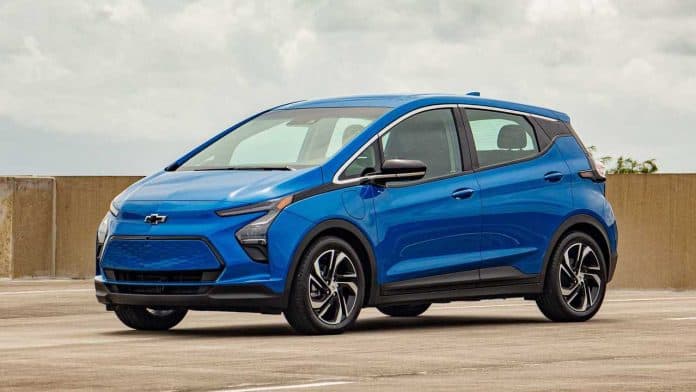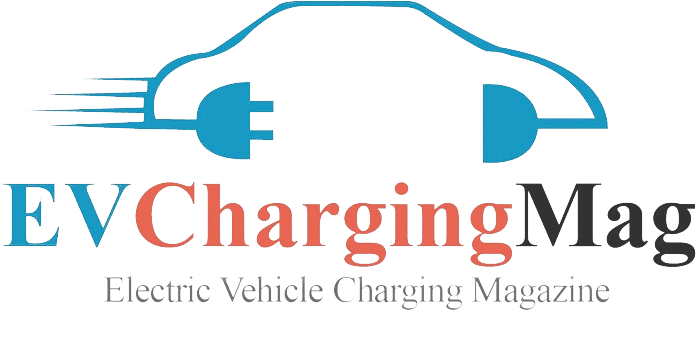General Motors surprised EV enthusiasts with the unexpected revival of the Chevy Bolt EV. Set to hit the market in 2025, the next generation embraces a cost-cutting strategy, featuring Lithium Iron Phosphate (LFP) batteries for the first time. This news comes after disappointment last year when GM discontinued the Bolt and faced delays in launching its Ultium EVs, leading to underwhelming 2023 sales figures.
A Bolt From the Blue: Reinvigorated with Ultium Power
The new Bolt EV won’t be a complete redesign. Instead, it leverages the Ultium platform, promising faster charging capabilities with NACS technology. The game-changer here is the adoption of LFP batteries, a significant shift from GM’s previous reliance on NCMA chemistry for Ultium batteries. This switch is expected to deliver substantial cost advantages for both GM and consumers.
Cost Savings Galore: A Win-Win Situation
Mary Barra, GM’s CEO, emphasized the strategic decision to capitalize on the existing Bolt brand recognition while achieving significant financial benefits. By integrating the Bolt with the Ultium platform and adopting LFP battery technology, GM aims to save billions – industry analysts estimate around $5 billion – in capital and engineering expenses. This cost reduction stems from several factors: utilizing readily available LFP cells from suppliers, a faster time to market compared to developing a whole new platform, and leveraging the existing Bolt’s established brand equity.
Paul Jacobson, GM’s CFO, underscored the financial potential of the Bolt EV revival, projecting substantial cost savings and improved profitability. This move aligns perfectly with consumer demand for more affordable EV options, allowing GM to compete effectively in a rapidly evolving market.
Challenges and a Competitive Landscape
Despite facing setbacks in Ultium EV production and software quality issues impacting models like the Chevy Blazer EV, GM remains focused on executing its EV strategy. This includes addressing production issues, relaunching key models like the Bolt EV, and solidifying its position in the ever-growing EV market. However, the competition is fierce. Established players like Hyundai and Volvo are intensifying their EV efforts, and Ford’s clandestine development of an affordable EV platform adds another layer of complexity to the competitive landscape.
A Bolt in the Right Direction: Redefining Affordability in the EV Market
The decision to revive the Chevy Bolt EV with LFP batteries reflects a strategic pivot by GM. It aims to capitalize on existing brand strengths, address consumer demand for affordable EVs, and potentially redefine affordability within the electric vehicle market. As the automotive industry continues its electrification journey, the innovative approach of the next-gen Bolt EV underscores GM’s commitment to sustainable mobility solutions, and its potential impact on the industry remains to be seen.


That picture is an Equinox EV, not a Bolt.
Thanks for catching that! The image has been corrected.